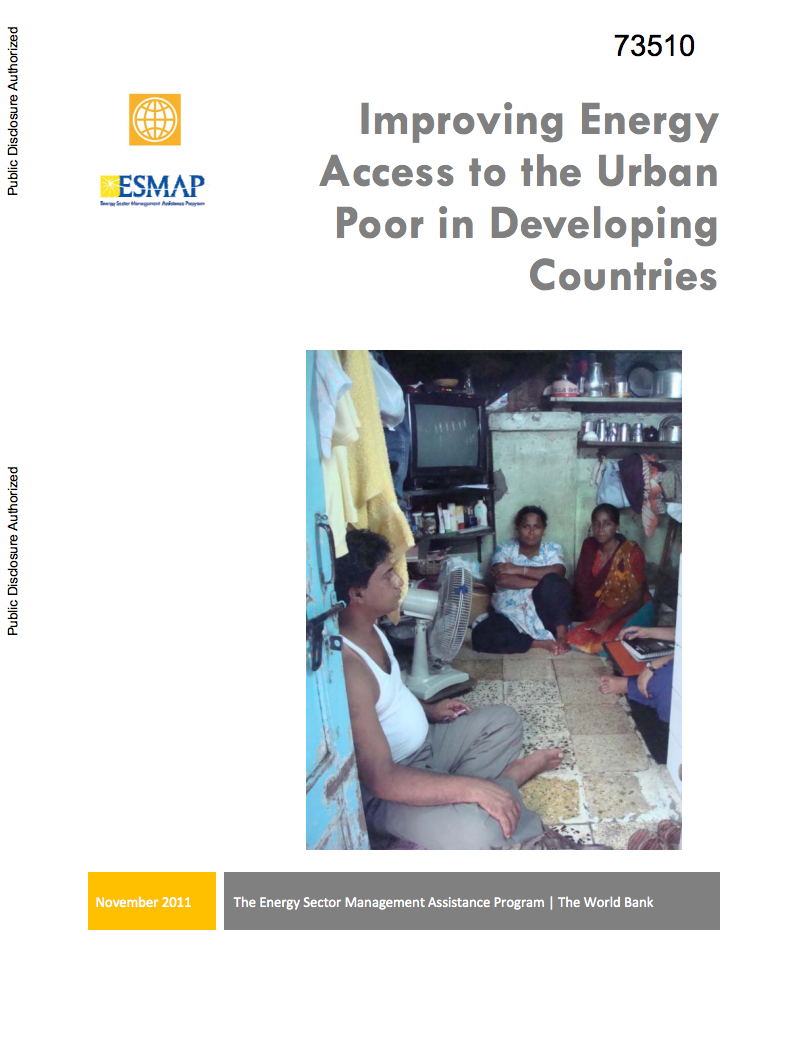Poor-Inclusive Urban Sanitation : An Overview
Most of the world's population now
lives in urban areas, and in developing regions the
proportion living in cities and towns has risen from 35
percent in 1990 to 45 percent in 2010, from 1.4 billion to
2.5 billion people (Jacobsen et al. 2012). A 2008 World Bank
analysis estimated that a third of people living on less
than US$2 per day reside in urban areas, and United Nation
or UN-habitat estimates that just under 40 percent of urban



